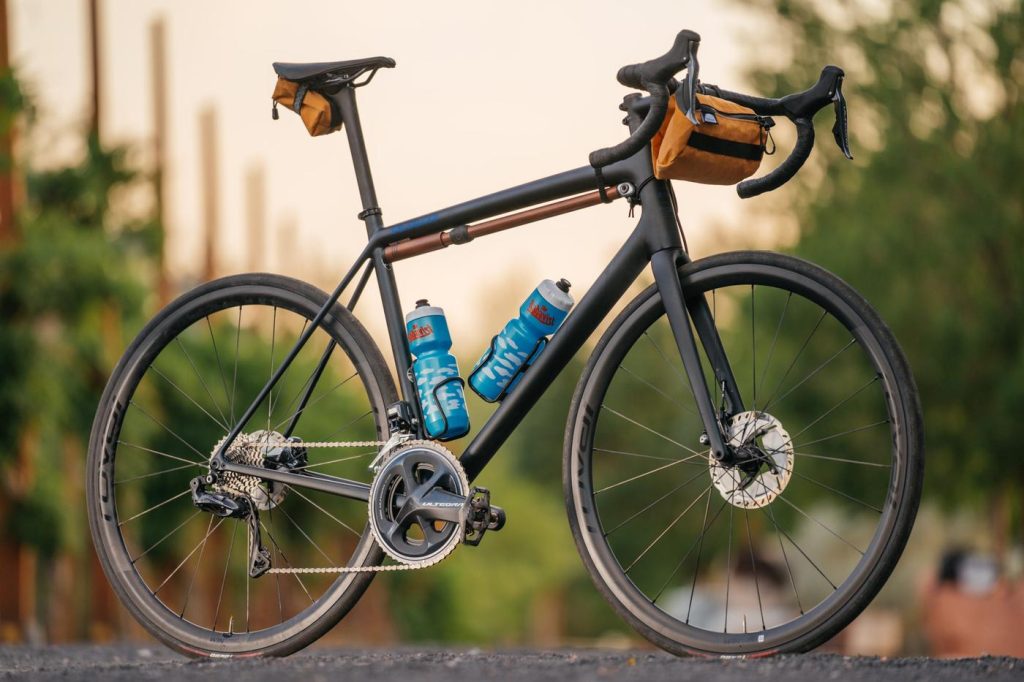Introduction: Importance of Public Expert Discourse
At cycling expos worldwide, one of the most anticipated segments is the expert panel discussions. These events bring together some of the most knowledgeable and influential figures in the cycling industry, from seasoned engineers and designers to thought leaders and high-profile athletes. Expert panels have become a critical part of these expos, shaping the discourse around innovation, sustainability, safety, and future trends in cycling.
The public nature of these discussions ensures that not only the industry’s insiders but also consumers, journalists, and other stakeholders are aware of the directions the industry is heading. These panels are platforms where new ideas are presented, challenges are debated, and visions for the future are shared. But the question remains: Do these panels have a substantial impact on the industry’s development, or are they more of a formality, offering little beyond entertainment value?
This article explores the importance of expert panels at cycling expos, examines the major topics that have sparked significant discourse, and analyzes the ways in which these panels might shape the direction of the cycling industry. It also looks into how panel discussions can influence product development, market trends, and the industry’s broader agenda.
Panel Topics That Made Waves
Throughout the years, expert panels at major cycling expos have been key in driving conversations that reverberate throughout the industry. Topics such as technological innovation, sustainability, and the future of e-bikes have dominated panel discussions and sparked debates. Let’s take a look at some of the most influential topics covered by expert panels in recent expos.
1. The Future of E-Bikes
Electric bikes (e-bikes) have seen explosive growth in recent years, and expert panels at cycling expos have had a front-row seat to this revolution. As e-bikes become more mainstream, discussions about their environmental impact, battery technologies, and integration with urban transportation have become essential. In particular, panels addressing e-bike safety, infrastructure challenges, and government policies have shaped the way both consumers and industry leaders approach e-bike adoption.
Why It Made Waves:
- Sustainability and Regulation: Discussions on how to make e-bikes more eco-friendly and how to navigate varying regulations across countries have become increasingly important. Experts often delve into how e-bikes contribute to the reduction of carbon footprints, but also raise concerns about the sustainability of battery production.
- Integration with Cities: As urban environments become more bike-friendly, panel discussions have highlighted the necessity of integrating e-bikes into existing infrastructure, urging cities to develop bike lanes, charging stations, and regulatory frameworks.
2. Cycling Safety Innovations
Safety has always been a core concern in cycling, and recent panels have focused on the integration of new technologies aimed at enhancing rider safety. Topics such as helmet technology, airbag systems for cyclists, and intelligent braking systems have garnered significant attention. These panels are critical for identifying what innovations will shape the future of bike safety.
Why It Made Waves:
- Smart Helmets and Safety Sensors: As the industry moves toward smart helmets and sensors that can monitor rider health, alert emergency services, and enhance accident prevention, the discussions have raised awareness of their potential.
- Advocacy for Better Regulations: Expert panels often advocate for stricter safety standards and more robust regulations for both e-bikes and traditional bicycles, pushing for global harmonization of standards to ensure rider protection.
3. Sustainability and Green Manufacturing
Sustainability has become a central theme in many cycling expos, with expert panels exploring how the cycling industry can reduce its carbon footprint. From sustainable materials to ethical production practices, these discussions aim to address the growing concern over environmental degradation.
Why It Made Waves:
- Circular Economy: A prominent subject at recent expos has been the adoption of circular economy principles, encouraging manufacturers to design bikes and components with recycling and reuse in mind.
- Green Manufacturing: Panels have also focused on sustainable production methods, such as using recycled aluminum and carbon fiber, and reducing the energy consumption of factories. Experts stress the importance of transparency and supply chain responsibility in creating a truly sustainable cycling industry.

4. The Rise of Gravel and Adventure Cycling
Gravel and adventure cycling has rapidly gained popularity, and expert panels at cycling expos have been a key factor in propelling this trend forward. Discussions on how to design bikes that cater to off-road, long-distance, and mixed-terrain cycling have led to the proliferation of new bike types, such as gravel bikes and adventure-ready road bikes.
Why It Made Waves:
- Versatility and Market Demand: Expert panels have explored the growing demand for bikes that can handle multiple types of terrain, encouraging manufacturers to produce bikes that meet the needs of a more diverse cycling audience.
- Technological Advancements: Topics such as tire innovation, frame geometry, and component durability have dominated conversations as designers aim to improve gravel bike performance for serious adventurers and recreational riders alike.
Connections Between Panels and Product Pivots
One of the most interesting aspects of expert panels at cycling expos is how the discussions directly influence product development and pivots in the market. Insights and feedback from experts often inspire brands to innovate, tweak existing products, or push boundaries in new directions. For instance, the demand for more sustainable manufacturing techniques discussed at expos has led brands to explore the use of recycled materials in bike frames and components.
1. Shift Toward E-Bike Accessibility
The explosive growth of e-bikes has led many companies to refocus their product lines to meet the increasing demand. During expos, panels addressing the challenges of integrating e-bikes into urban transportation systems prompted many brands to refine their e-bike models, focusing on accessibility, affordability, and ease of use for a broader range of riders.
2. Rising Focus on Smart Technologies
The demand for smart technologies in cycling, such as GPS-enabled smart helmets, has prompted manufacturers to invest more heavily in these features. Expert panels discussing the potential for these innovations to enhance safety and connectivity have encouraged companies to integrate Bluetooth, sensors, and real-time data analytics into their products.
3. Collaborations and Partnerships
Panel discussions about the future of cycling have led to new partnerships between bike manufacturers, technology firms, and even urban planning agencies. For instance, collaborations between bike brands and cities have resulted in the development of e-bike-friendly infrastructure, including charging stations and secure bike parking solutions.
Future Agenda Predictions
As we look to future cycling expos, expert panels will likely continue to shape industry direction in the following ways:
1. Exploring New Materials
With sustainability at the forefront of industry discussions, future panels will likely focus on the development of new, eco-friendly materials. These could include biodegradable composites, plant-based plastics, or further innovations in recycled carbon fiber. Expect to see more emphasis on how to design bikes that are not only durable and high-performance but also leave a minimal environmental footprint.
2. Emphasis on Inclusivity and Accessibility
Expect to see expert panels increasingly address the need for inclusivity in cycling. This could involve developing bikes for people with disabilities, promoting gender equality in cycling, and ensuring that products cater to a wide range of body types and skill levels. The cycling community is becoming more diverse, and future panels will likely reflect this shift by discussing how the industry can become more inclusive.
3. Blockchain and the Future of Cycling Tech
As blockchain technology continues to evolve, expert panels may start exploring its potential applications within the cycling industry. This could range from tracking the provenance of bike parts for sustainability purposes to using blockchain to verify the authenticity of high-end cycling gear. The adoption of blockchain could help brands build trust with consumers, particularly when it comes to ethical production and sustainability claims.
4. The Future of Urban Mobility
Urban cycling is set to grow exponentially, and expert panels are likely to focus on how bikes can fit into the broader context of urban mobility. Expect to see more discussions around integrating bikes, especially e-bikes, into public transportation systems, creating bike-share networks, and developing infrastructure that supports an increasingly bike-friendly world.
Conclusion: Should We Listen More Closely?
It’s clear that expert panels at cycling expos have the potential to shape the direction of the industry. The topics discussed, the innovations proposed, and the ideas debated can all have lasting effects on product development, market trends, and consumer preferences. The panels bring to light not only the challenges and opportunities within the cycling world but also provide a space for collaboration, idea generation, and feedback that can lead to industry-wide pivots.
As the cycling industry continues to evolve, it’s essential to listen to these expert panels and reflect on their insights. Whether it’s pushing for more sustainable practices, exploring new technologies, or advocating for safer cycling, these discussions are an essential part of cycling’s future. The question is no longer whether we should listen to these panels—it’s how closely we should be paying attention. In an era where cycling is rapidly changing, the decisions made at these expos could very well shape the future of cycling as we know it.






































Discussion about this post